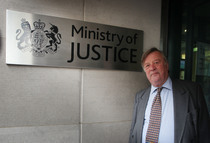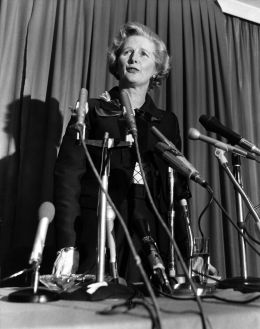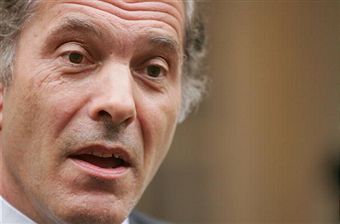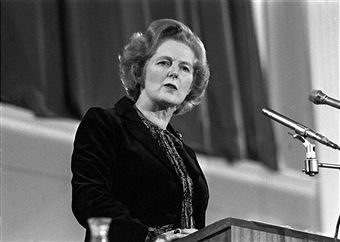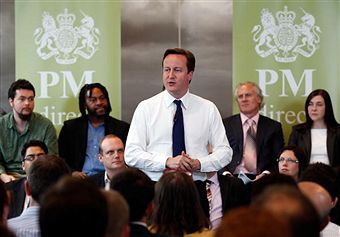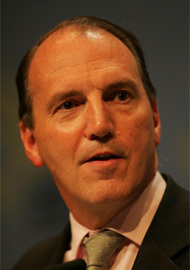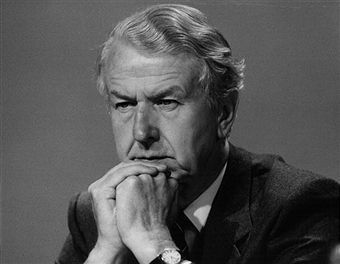The Limits of British Influence
To be fair to Gary Gibbon, he’s not the only member of the lobby to have lost the plot when it comes to David Cameron, Libya and Washington. Ben Brogan has a sadly-fatuous piece today asking “Does Anyone in Washington Listen to David Cameron?” He writes: Robert Gates was far from flattering when he dismissed the PM’s initial no-fly suggestion as ‘loose talk’. The Coalition made a virtue of putting the US-UK relationship on a more low-key footing. There was to be none of the cosyness of Blair-Bush or the neediness of Brown-Obama. But Britain’s post-war strategic interest relied in part on its position as the one ally with the



